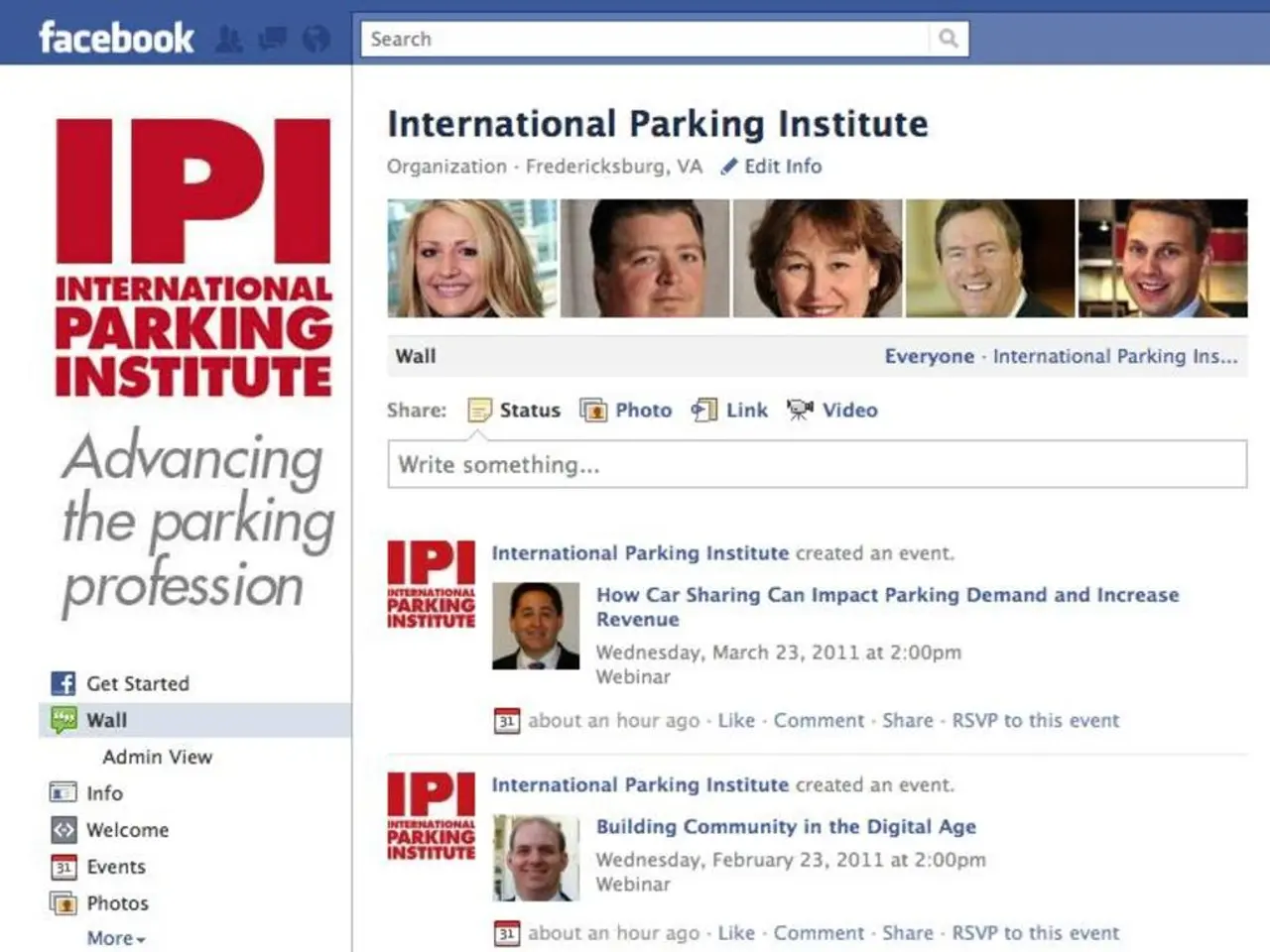Military rule from Israel and the armed organization Hezbollah in Lebanon lead to an unsustainable situation for the country.
Lebanon has taken a significant step towards disarming Hezbollah, a militia and political party that controls much of the country and is sponsored by Iran. The Lebanese government has formally committed to a phased plan to disarm Hezbollah, with the Lebanese Armed Forces (LAF) tasked to produce and begin implementing a credible disarmament plan by the end of August 2025.
The plan aims to transfer all Hezbollah weaponry, including heavy weapons like missiles, drones, and artillery, to state control by December 31, 2025, under international monitoring. Regarding Israeli troop presence, the plan includes the withdrawal of Israeli Defense Forces (IDF) from five positions in south Lebanon in stages.
Israel is to cease military actions in Lebanon, and Israeli troops will withdraw gradually from control points along the southern border, with Lebanese army forces replacing them. The final withdrawal from the last two control points is expected around the full disarmament deadline. This coordinated withdrawal is tied to Hezbollah’s disarmament and LAF deployment on the southern border.
International responses involve significant engagement, notably by the United States and other key countries such as France and Gulf states, who are expected to support Lebanon through mediation, security guarantees, technical assistance, and conditioning economic aid on disarmament progress and reintegration programs. The plan envisions an international donor conference for reconstruction and stabilization funding contingent on full compliance.
However, there is strong skepticism about the feasibility and Hezbollah’s willingness to disarm. Hezbollah views its weapons as central to its identity and has consistently rejected disarmament demands, citing defense against Israel as justification. Historically, it has refused to disarm even after Israeli withdrawals and UN Security Council Resolution 1701.
The implementation of this decision is complicated due to the presence of Israeli soldiers stationed as foreign invaders on Lebanese soil. Armed factionalism and foreign occupation have been the undoing of Lebanon several times over in its young history. Now, it is time for a new chapter.
The success of this disarmament effort is at a critical juncture with a tight timeline, but considerable obstacles remain due to Hezbollah’s resistance and the fragile Lebanese political landscape. The Lebanese government is reportedly relying more on persuasion than coercion, but many analysts doubt Hezbollah will disarm voluntarily and warn that persuasive approaches may enable Hezbollah to threaten escalation without relinquishing arms.
In conclusion, the disarmament of Hezbollah is a delicate balance, with the Lebanese government and international community working together to ensure peace and stability in the region. The success of this plan will depend on the cooperation of all parties involved, particularly Hezbollah, to disarm voluntarily and work towards a future where Lebanon can truly meet its potential as a cultural and economic powerhouse for the region.
| Aspect | Current Status (August 2025) | |----------------------------|------------------------------------------------------------------------------------------------------------------| | Lebanon's Disarmament Plan | Formal government endorsement for phased disarmament of Hezbollah by Dec 31, 2025; LAF to implement plan under international monitoring. | | Israeli Troop Presence | IDF to withdraw in phases from 5 positions in south Lebanon, replaced by LAF, with complete withdrawal linked to Hezbollah disarmament progress. | | International Responses | US, France, Gulf states support disarmament via mediation, security guarantees, aid conditioning; UNIFIL's role seen as limited or negative. | | Challenges | Hezbollah unlikely to disarm voluntarily; weapons viewed as core to group's identity; political and military complexities pose risks to implementation. |
Read also:
- Weekly happenings in the German Federal Parliament (Bundestag)
- Southwest region's most popular posts, accompanied by an inquiry:
- Discussion between Putin and Trump in Alaska could potentially overshadow Ukraine's concerns
- Massive 8.8 earthquake hits off the coast of Russia's Kamchatka Peninsula, prompting Japan to issue a tsunami alert.








